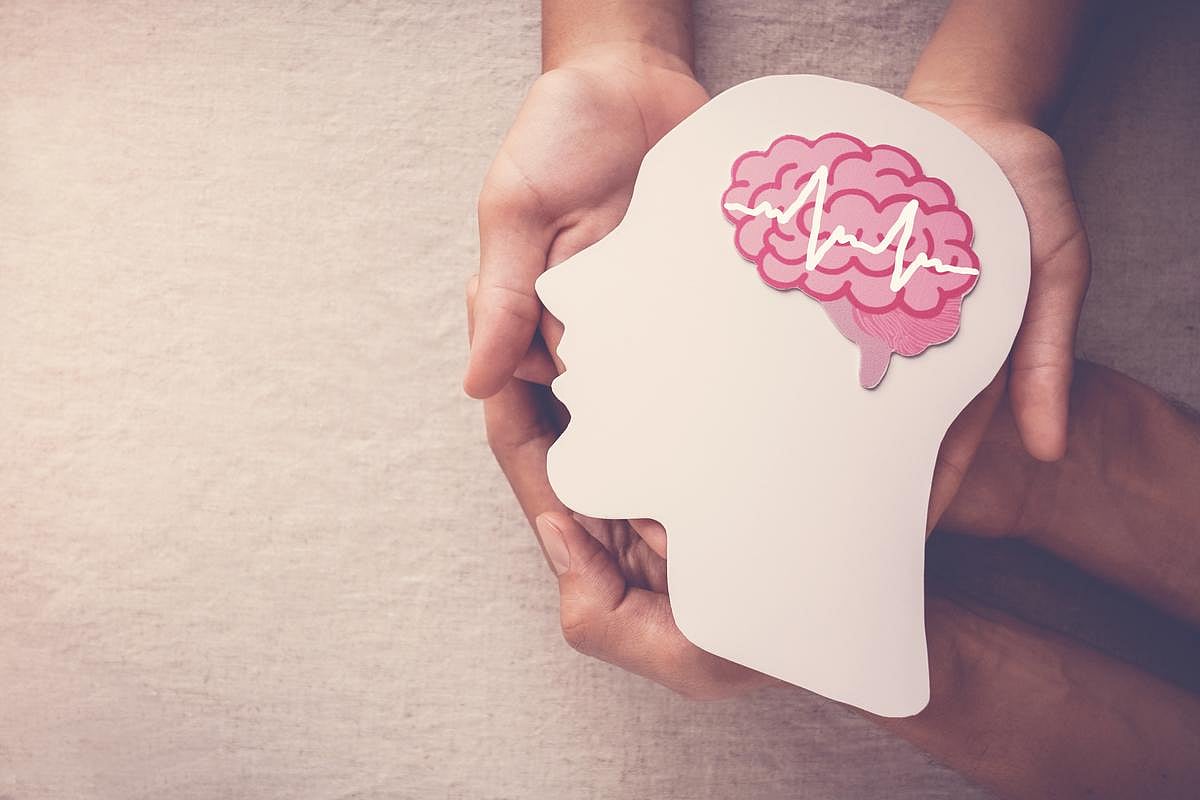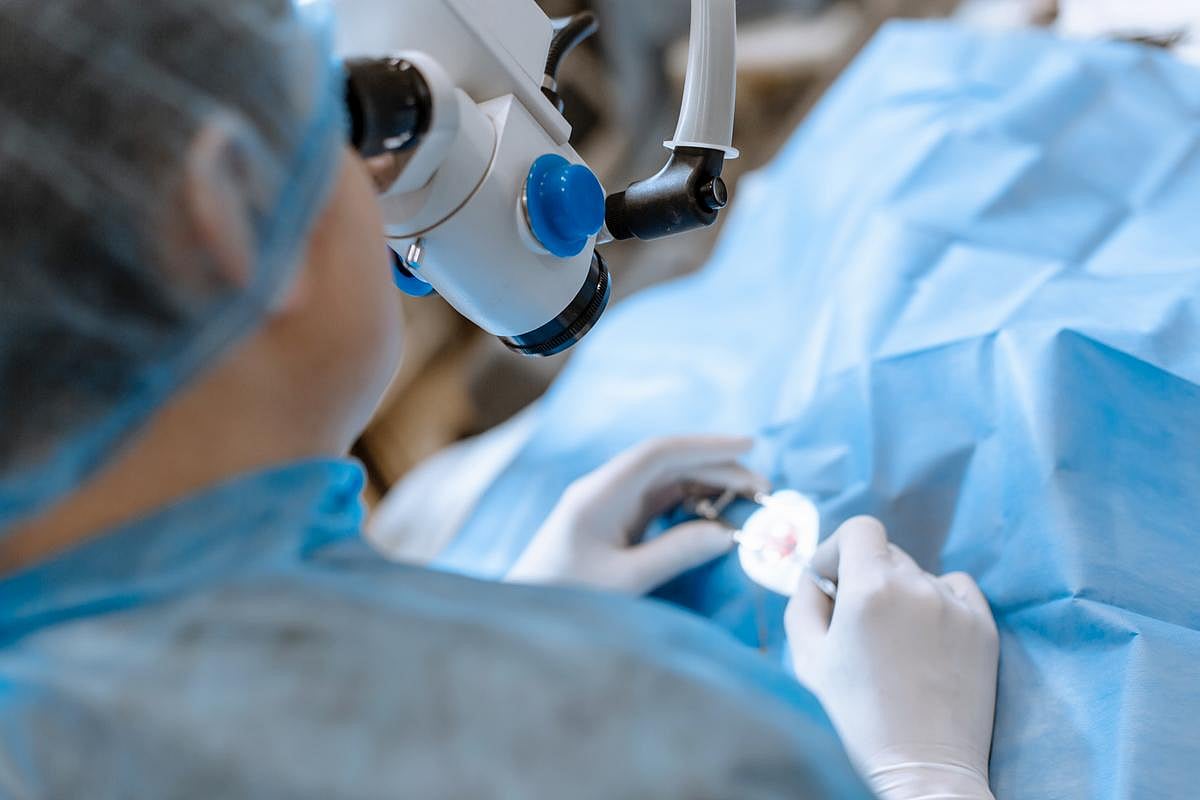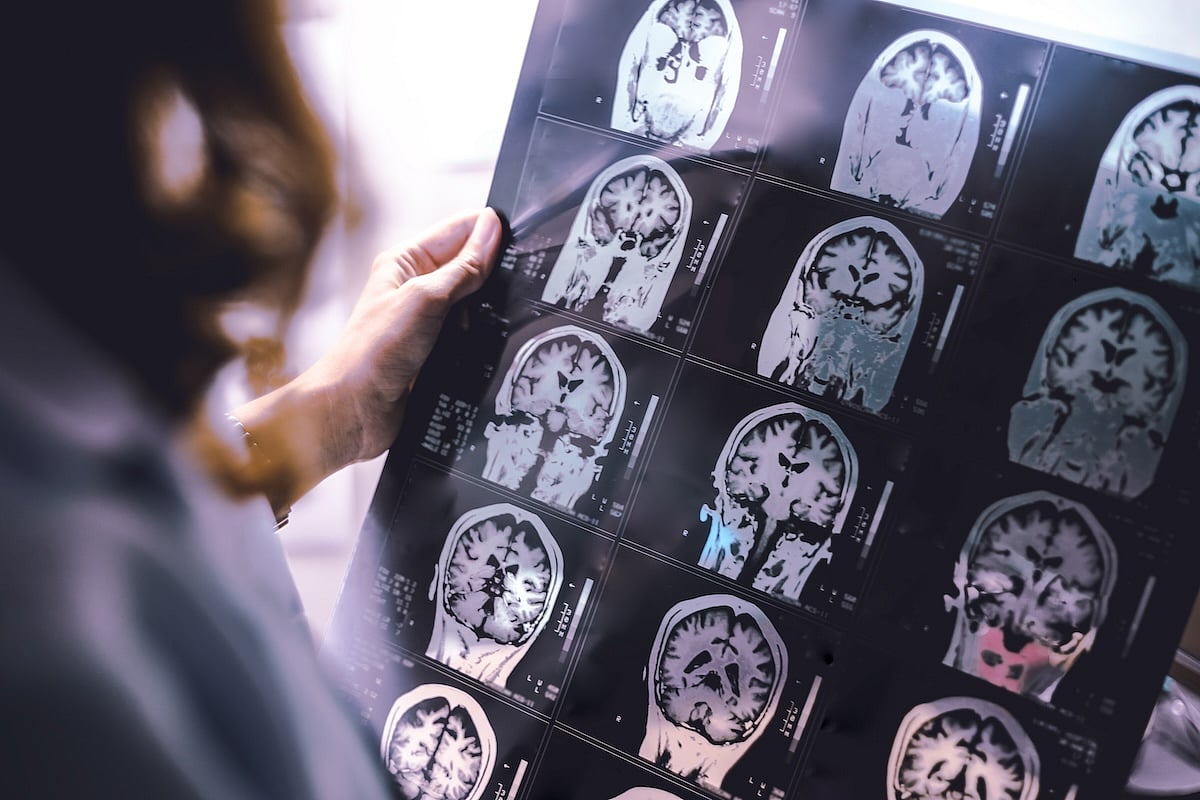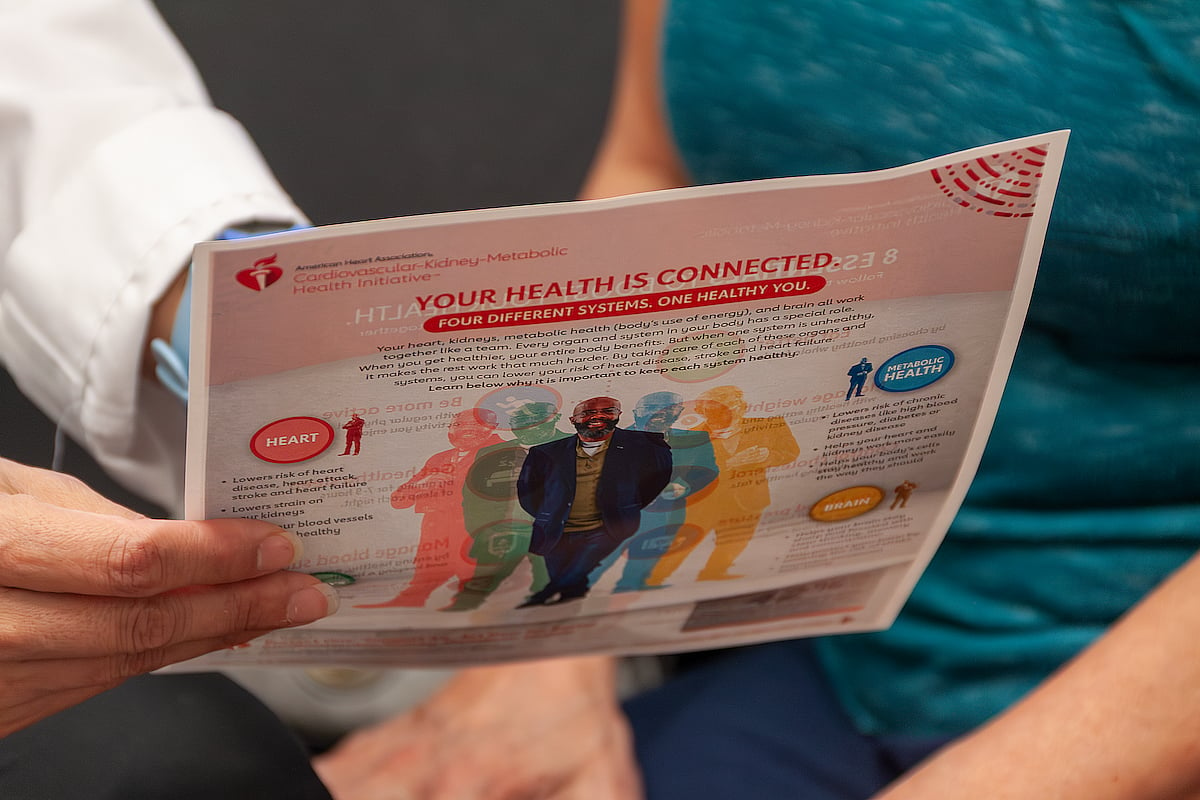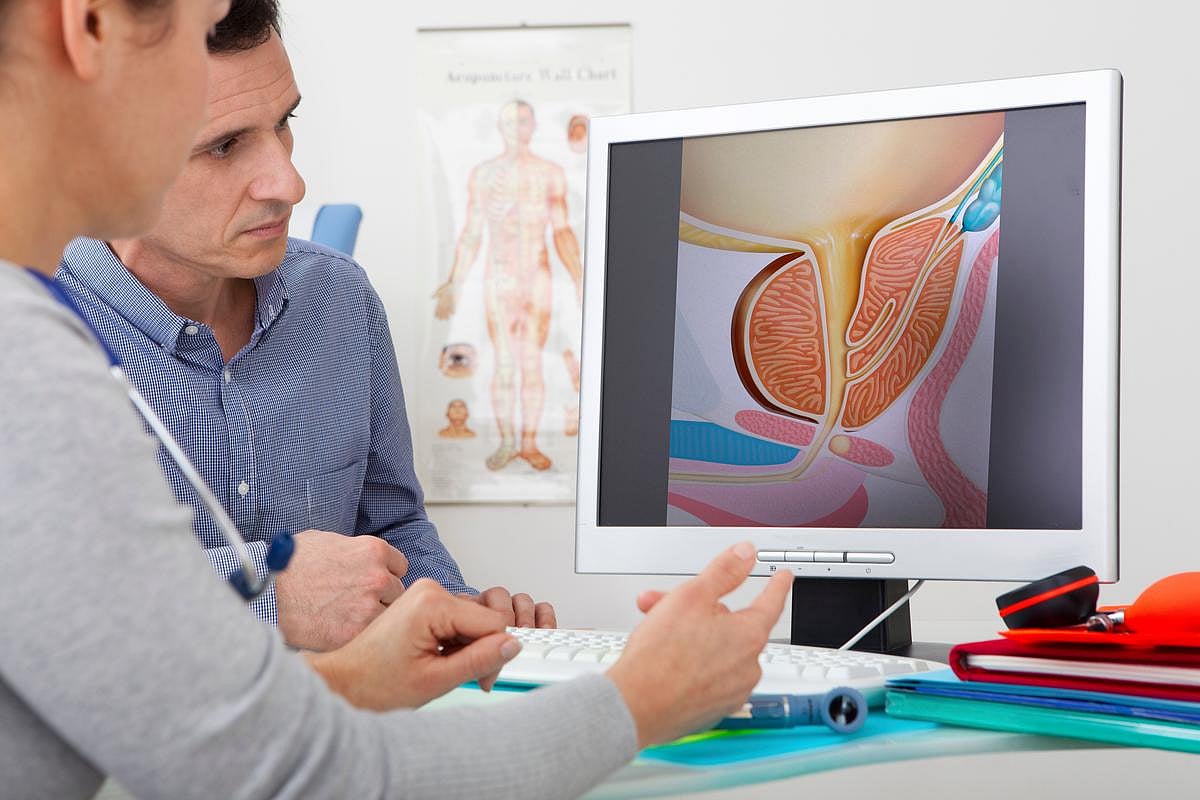
A powerful new drug combo has yielded a major breakthrough for men battling an aggressive form of prostate cancer. Adding the drug enzalutamide to standard hormone therapy reduced the risk of premature death by more than 40% in patients whose prostate cancer had returned, a large international clinical trial has found. The findings were simultaneously… read on > read on >










